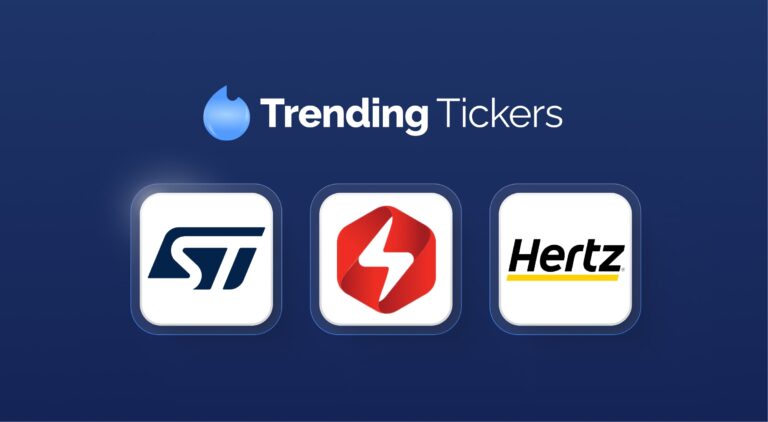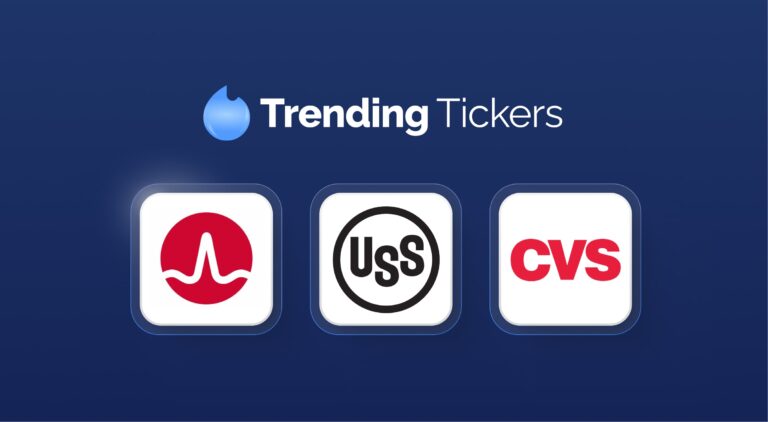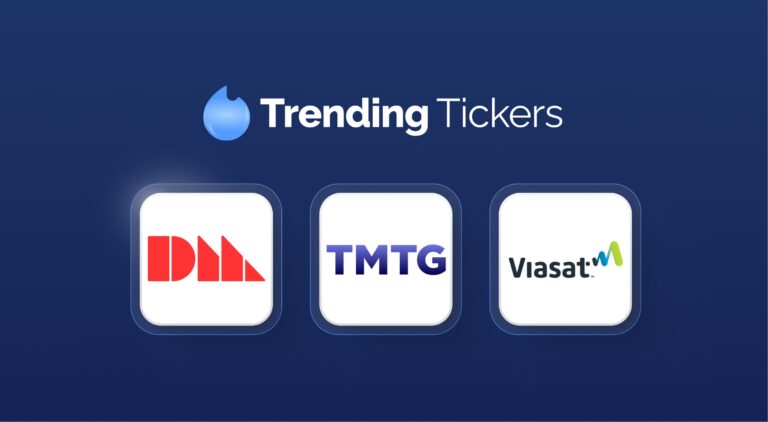
I spoke Tuesday night on BBC’s Business Matters. The fun nature of news media is that news is always changing: I spent hours earlier in the day studying up on the four topics the show was slated to cover – only to get an update call shortly before the show with five new and totally different topics to cover. But I’m glad we shifted because in media (and, really, in any communication), success is all about being relevant.
Anyway, here’s a quick recap of what we discussed:
Microsoft-Activision merger:
After a long time of looking like it wouldn’t happen – initially only getting EU approval, while the US Federal Trade Commission and UK Competition and Markets Authority both blocked the merger – the Microsoft-Activision merger was “saved” by an appointed San Francisco judge who denied the FTC’s request for a permanent injunction preventing the deal. The FTC quickly lodged an appeal with the 9th Circuit, so we’ll see what happens. But the UK’s CMA swung from “kinda negative” to “now-kinda-positive.” The UK’s business competitiveness has been waning, and the government writ large is trying to change that, so the CMA likely didn’t want to feel like the last piece of resistance to a deal that both the Continental Europeans and the Americans had blessed.
Microsoft wants a piece of the $92 billion (per year) mobile gaming market, which Activision Blizzard provides, and has offered 10 years of “hot game” access to competitors like Sony, which the judge seemed to think was legit enough to not stifle competition.
Big tech gets bigger from this deal – it’s the biggest tech M&A ever, I believe – and perhaps more significantly, a positive signal has been sent to budding tech dealmakers across the US. I do not know if that’s good or bad for humanity.
PGA-LIV Golf something:
It’s hard to know what’s actually going on with the PGA, which originally treated Saudi-backed LIV as a mortal enemy, then suddenly agreed to a merger deal, and now seems to be saying “It’s not a merger deal – but, well, it kind of is… the Saudis just have so much money that we can’t compete with them, so since we can’t beat ‘em, we might as well join ‘em.”
The Saudi Investment Fund (PIF) has invested $1 billion of its roughly $720 billion to start LIV Golf in what many consider sportswashing: In this case, a nation-state with a sullied image in at least some capacity using sports to improve its “branding,” not unlike how advertisements have long borrowed the halo that celebrities and athletes have earned to build positive associations around their products. (Qatar spent $220 billion to host the World Cup in another example.)
The PIF likely gets what it wants with a deal on the table: Legitimacy, a removal of a protracted battle with a deep-seated, rival incumbent, and a quicker pivot from a focus on the whole drama of its existence to soaking up those good golf vibes the Kingdom wanted in the first place. The Senate is trying to say something, but the deal is confusing enough that figuring out what’s happening seems to be the first challenge.
Bank of America’s sneaky fees and fake credit card accounts:
Opening extra credit cards in your customer’s name is not very nice. Neither is failing to give promised perks or double charging insufficient funds fees (potentially creating a vicious circle as insufficiently funded accounts become even more insufficiently funded). The CSFB says B of A – otherwise a bank with a clean-cut reputation – must pay $100 million to victim customers, as well as a $150 million fine.
As Warren Buffett’s partner Charlie Munger says: “Show me incentives and I’ll show you the outcome.” Banks used to make their main money via net interest margin – the spread between the (hopefully low) short-term rate they paid depositors and the (hopefully high) long-term rates they received from dudes, ladies, companies, etc. who took out loans. With at-times weird yield curves, and for other reasons (don’t you hate when writers say “other reasons?” – it feels like such a cop-out), banks got more into fee income in recent decades. Dodd-Frank regulation muffled that to an extent, but the pressure remained. Bank of America is hardly the only offender. But when you combine pressure to perform with ease of cheating to get there, you risk this kind of result.
Janet Yellen’s China visit:
A nothingburger, but that’s about the best anyone could expect. From the American perspective, she showed up and kept lines of communication open. From the CCP’s perspective, she showed up, awkwardly bowed – great, subservient-looking optics – and didn’t ruffle too many feathers. Chinese state media shows satisfaction, which means top brass was satisfied. But over the long run, the US and China have irreconcilable differences. These differences may or may not ever come to a head.
Bulgari and Taiwan:
Joining a long list of companies that have presumably inadvertently referenced Taiwan as a country is jewelry maker Bulgari, which is taking the now-predictable path of a profuse apology for deeply hurting the feelings of the Chinese people (actually, I’m not sure if they used that phrase, but it’s a thing). As a factoid, 64% of Americans see Taiwan as a separate country (or at least want to) per a recent survey. Most companies seem to make the business calculus that, well, non-Chinese markets seem kind of passively supportive of Taiwan as its own thing, whereas the PRC goes really bonkers, says nasty things and threatens economic retaliation if anyone considers Taiwan not a part of China (technically, the CCP has never ruled Taiwan, and Taiwan has traditionally considered itself part of what they consider the “real” China – i.e., China before the CCP took over – so this gets confusing quickly), so these companies decide that a gushing apology is the best business move. But we may be nearing “peak apology” as the recent Top Gun sequel removed but then re-added the Taiwanese flag to Tom Cruise’s jacket, in a protest to the protest.
James owns shares of Bank of America. BBAE has no position in any security mentioned.














